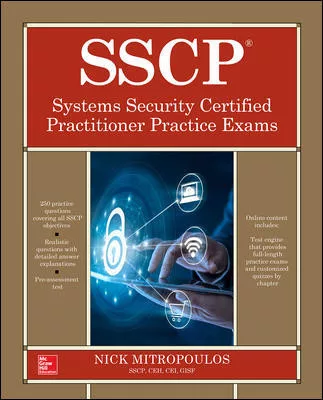PSASpecialReport: The Business of Security Systems Integration

Are you ready for a new and radical business paradigm? At one time it was relatively easy to compete because everyone was on the same footing. During the last several years, though, the consolidation of integrators as well as manufacturers has changed how we conduct the business of security systems integration.
Before we can change our business model we first have to step back and assess where we are today and how we can move forward in the marketplace as integrators.
PSA membership and security integrators in general are made up of what’s commonly known as SBEs, small business enterprises. As security integrators question where they fit in the new marketplace, the bottom line is that we’re competing as small businesses against larger competitors. Competitors are not true security companies but businesses outside the security industry who see huge opportunities.
New markets
Our membership has asked us to move into other markets such as government, healthcare and education, because that’s where the dollars are being spent. These sectors are looking to increase their levels of security by adding monitoring and viewing through IP-enabled products such as intercoms, video, alarm systems or perimeter protection.These new markets make security integrators question how they can compete with others such as building automation companies who specialize in HVAC and lighting control and are now entering security. Integrators are especially concerned with IT integrators who are moving into security.
To compete in this new business paradigm, security integrators need to increase their skill set outside the traditional realm. For instance, it’s not enough to know how to back-focus cameras anymore. Today’s security integrators must be educated on networking and addressing IP devices.
But competing goes beyond technology into sales. We’re now more likely to sell to an IT manager than a security director. Because technology is heading toward a common IT platform, many opportunities now fall under the guise of the IT budget. Yesterday’s security director has morphed into an IT manager.
As mentioned before, PSA is looking to access other verticals. I’ll start with government because that seems to be on everybody’s radar screen. With the vast amounts of money that the federal government pushes to the Department of Homeland Security, there are huge opportunities for all size integrators to take on large infrastructure projects and government services. All of these government agencies are now required to bolster their security and tie into IT networks,
Unfortunately, the government sees security integrators as not having the skill set or the capabilities to handle these jobs. We’re also looked at as not having the logistical manpower to tackle projects of that magnitude. Normally when a project comes down through a government agency, the “prime eight contractors” – Boeing, Northrop Grumman, SAIC and the others – are seen as the only solution.
Other verticals such as healthcare and education don’t have the same type of federal mandates and government regulations. In these markets, security integrators should do what they do best, which is offer personal service as a small “home town company.” Most end-users tell us they don’t get the best level of customer service from the big companies. They also get pushed into a proprietary system based on the manufacturer’s relationship with the large mega corporations. End-users want a better level of service and a better price point with products and technology that are independent of any manufacturer.
The business of security integration has radically changed and partnering is becoming more the norm than the exception. In the past, security integrators have refused to partner and tried to go it alone. Rather than protecting our niche and missing opportunities, it’s time to meet this new business paradigm head on.
Looking for a reprint of this article?
From high-res PDFs to custom plaques, order your copy today!







